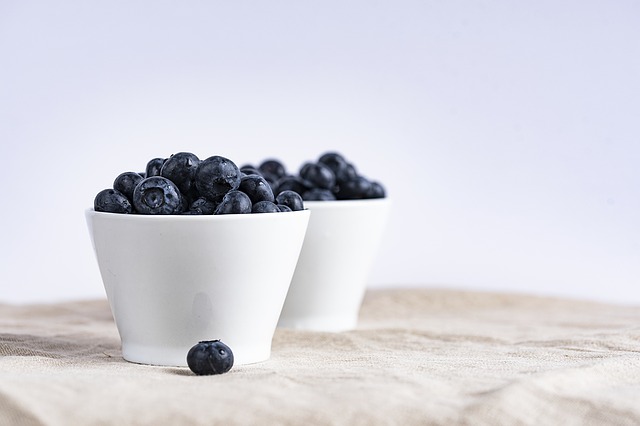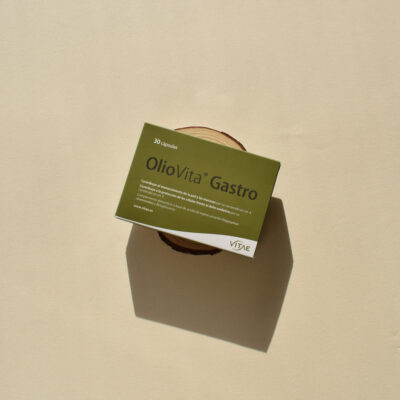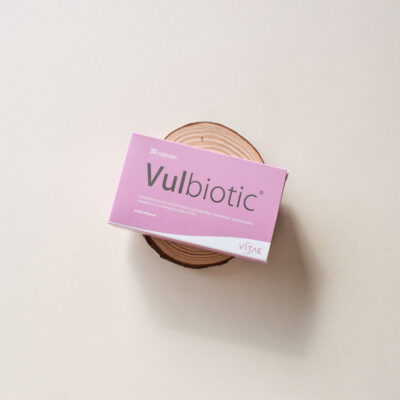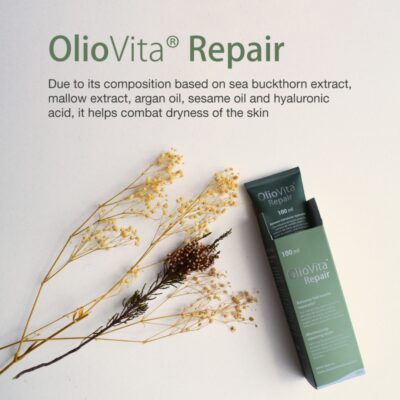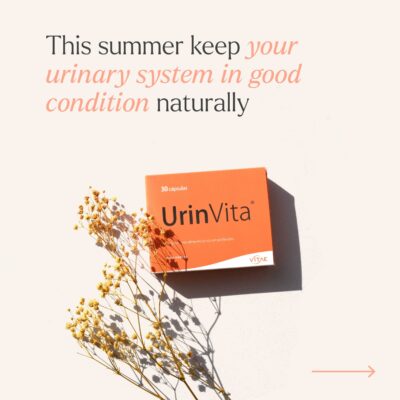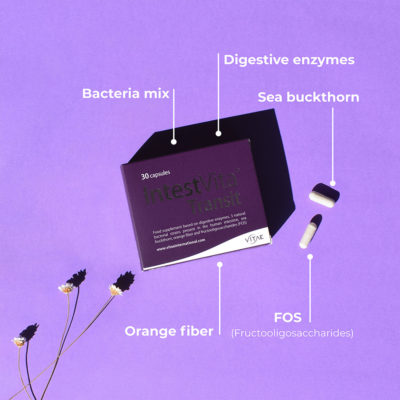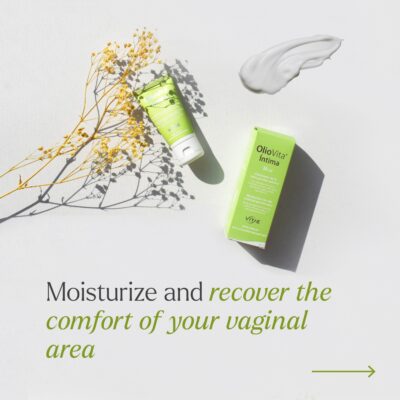On October 22nd, November 9 and 10, Vitae Health Innovation will participate in two congresses on menopause, held in Malaga and Seville. Dr. Helena Rutllant will give a lecture where she will explain how we can reduce menopausal symptoms through our diet.
Menopause or last menstruation marks a key date in the climacteric, a transition period that takes us from the reproductive to the non-reproductive stage. This vital period in the life of women is regulated mainly by the decrease of the ovarian activity that is translated in the diminution of the oestrogen production. The climacteric is divided into three phases, pre-menopause, perimenopause and finally post menopause.
This time we will focus on perimenopause (period that goes from the end of pre-menopause until one year after menopause) where the alterations caused by the cessation of hormonal production of the ovary occur more intensely.
The symptoms of this stage are characterized by being varied: they range from hot flashes and / or palpitations to vaginal dryness, joint pain, tiredness and fatigue.
To reduce the side effects of the perimenopausal stage, and in extension, of the entire climacteric period, it is recommended to introduce an extra intake of (phyto) estrogens into the diet to lessen the mentioned negative symptoms. Estrogens that come from plants are called phytoestrogens, these non steroidal chemical compounds have an action similar to human estrogens.
There are four main families of phytoestrogens:
- Isoflavones: the most known and studied type of phytoestrogen. Foods that contain isoflavones include legumes, such as soybeans, red clover, flaxseed and alfalfa.
- Lignano: A heterogeneous group of secondary metabolites of plants. These compounds are found in high concentrations in flaxseed and, in smaller quantities, in algae, cereals, vegetables, fruits, mainly berries, as well as coffee, tea and wine.
- Cumestrol: It is an organic compound found in alfalfa, pea shoots and chickpeas.
- Stylbenos: are compounds produced by plants in response to adverse conditions, such as the defense against pathogens, damage or stress. Resveratrol is the most important stilbene, which is extracted from the grape.
The consumption of phytoestrogens generally reduces the negative menopausal symptoms, even so, should they persist, there are foods and supplements that can help reduce specific symptoms, such as, sea buckthorn oil, rich in omega -7 that reduces vaginal dryness and / or dry skin thanks to its extremely moisturizing power that nourishes and protects the skin and mucous membranes from within.
So, is it possible to reduce menopause symptoms through diet? The answer is yes, with correct nutritional guidelines can diminish those most annoying symptoms that happen in the stage surrounding menopause.

